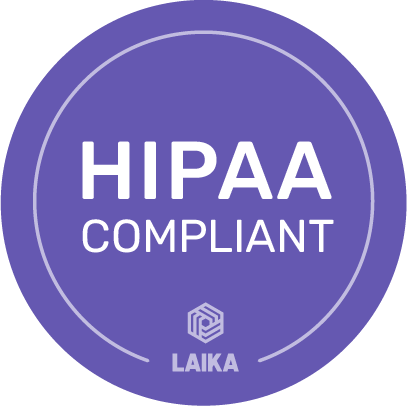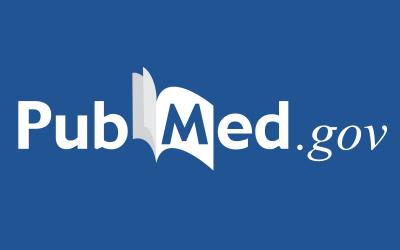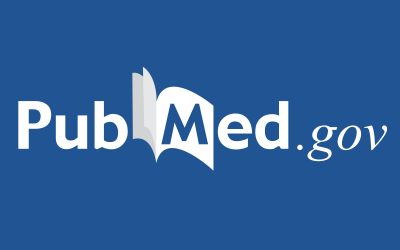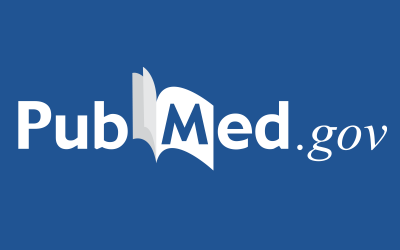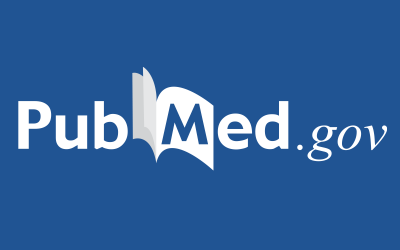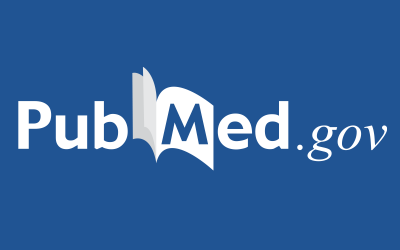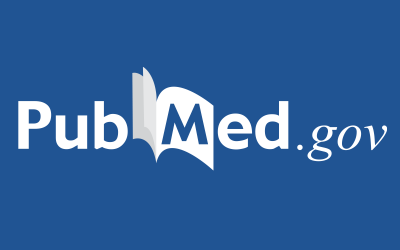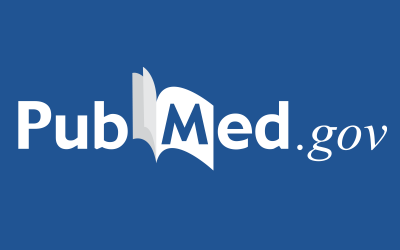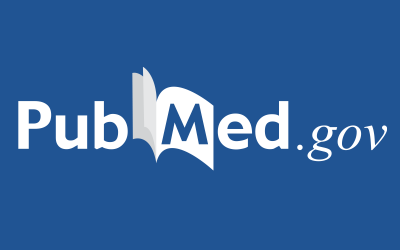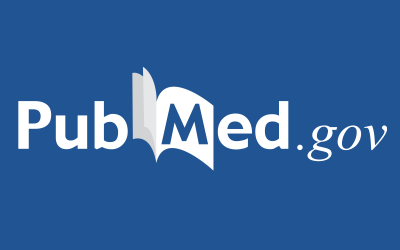REMOTE CLINICAL ASSESSMENT
NEUROMERIT CAN SERVE AS THE CLINICAL CORE LAB FOR YOUR NEXT CLINICAL TRIAL
Remote assessments are advantageous in that they provide reliable contact with patients remotely in any location thereby reducing the rate of loss to follow-up. Additionally, in a blinded fashion, these exams reduce interrater site variability by providing a panel of vascular & interventional neurological experts performing all study assessments with uniformity. Remote patient assessment in clinical trials is the next level of advancement in clinical research offered by the NeuroMerit Clinical Core Lab.
REMOTE CLINICAL ASSESSMENT
Using the most advanced modes of telehealth delivery, NeuroMerit has found a distinct advantage in lending this growing technological advancement to assessment in clinical trials. At NeuroMerit, we offer remote clinical assessments for exams including NIH Stroke Scale (NIHSS), Montreal Cognitive Assessment (MoCA), Modified Rankin Score (mRS) and more. All assessments are provided remotely in partnership with Teladoc Health by experts in the field of vascular and interventional neurology.
NEUROMERIT CAN SERVE AS THE CLINICAL CORE LAB FOR YOUR NEXT CLINICAL TRIAL
Remote assessments are advantageous in that they provide reliable contact with patients remotely in any location thereby reducing the rate of loss to follow-up. Additionally, in a blinded fashion, these exams reduce interrater site variability by providing a panel of vascular & interventional neurological experts performing all study assessments with uniformity. Remote patient assessment in clinical trials is the next level of advancement in clinical research offered by the NeuroMerit Clinical Core Lab.
FDA NEWS RELEASE
FDA Takes Additional Steps to
Advance Decentralized Clinical Trials
Remote Clinical Assessment Publications
NIHSS & Neurologic Exam
The Virtual Neurologic Exam: Instructional Videos and Guidance for the COVID-19 Era
Objective: To outline features of the neurologic examination that can be performed virtually through telemedicine platforms (the virtual neurological examination [VNE]), and provide guidance for rapidly pivoting in-person clinical assessments to virtual visits during...
Role for telemedicine in acute stroke. Feasibility and reliability of remote administration of the NIH stroke scale
Abstract Background and purpose: Immediate access to physicians experienced in acute stroke treatment may improve clinical outcomes in patients with acute stroke. Interactive telemedicine can make stroke specialists available to assist in the evaluation of patients at...
Reliability of real-time video smartphone for assessing National Institutes of Health Stroke Scale scores in acute stroke patients
Abstract Background and purpose: Telestroke reduces acute stroke care disparities between urban stroke centers and rural hospitals. Current technologies used to conduct remote patient assessments have high start-up costs, yet they cannot consistently establish quality...
MoCA
The reliability of the Montreal Cognitive Assessment using telehealth in a rural setting with veterans
Abstract Background: Telehealth neuropsychological services can increase the availability of specialised care for individuals in rural areas where barriers to these services are faced. As this practice becomes more commonplace, the reliability and validity of...
A Validation Study of the Remotely Administered Montreal Cognitive Assessment Tool in the Elderly Japanese Population
Abstract Background: In an aging society, neuropsychological testing using video teleconferencing (VTC) is increasingly important. Despite the potential benefit of a VTC-administered Montreal Cognitive Assessment Tool (MoCA) to detect cognitive decline, only a limited...
Comparing face-to-face and videoconference completion of the Montreal Cognitive Assessment (MoCA) in community-based survivors of stroke
Abstract Introduction: Videoconferencing may help address barriers associated with poor access to post-stroke cognitive screening. However, the equivalence of videoconference and face-to-face administrations of appropriate cognitive screening tools needs to be...
mRS
Phone and Video-Based Modalities of Central Blinded Adjudication of Modified Rankin Scores in an Endovascular Stroke Trial
Abstract Background and purpose: The standard outcome measure in stroke research is modified Rankin scale (mRS) evaluated by local blinded investigators. We aimed to assess feasibility and reliability of 2 central adjudication methods of mRS in the setting of a...
Reliability of Telephone Interview for Assessment of Long-Term Stroke Outcomes: Evidence from Interrater Analysis
Abstract Background: A comprehensive evaluation of interrater reliability is crucial when it comes to multiple coders assessing the stroke outcomes using telephone interview. The reliability between telephone raters is important, as it could affect the accuracy of the...
Validation of a structured interview for telephone assessment of the modified Rankin Scale in Brazilian stroke patients
Abstract Background: The modified Rankin Scale (mRS) is a commonly used scale to assess the functional outcome after stroke. Several studies on mRS showed good reliability, feasibility, and interrater agreement of this scale using a face-to-face assessment. However,...
CONSULTANTS
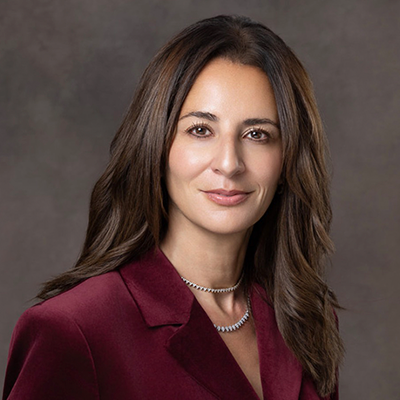
MAY NOUR, MD, PHD
INTERVENTIONAL NEUROLOGIST
Dr. Nour is a dually trained vascular and interventional neurologist, completing her training at the University of California, Los Angeles (UCLA). She earned her medical degree (MD) from the University of Arizona College of Medicine and her doctorate degree (PhD) in neurosciences from the University of Oklahoma Center for Neurosciences. As medical director of California’s first mobile stroke unit which began clinical operations in 2017, Dr. Nour has extensive, first hand experience in initiation of mobile stroke programs and concrete knowledge of rig build and design, hardware/software integration, models for effective clinical staffing, clinical operating procedures, integration into EMS systems of care, budget/cost analysis and QI/QA for these specialized ambulance programs which bring the hospital to the patient. As a PI, Co-PI and Investigator for multiple clinical trials in the fields of vascular neurology and neurointervention, Dr. Nour has extensive experience in telehealth applications, clinical trial design, assessment and outcome analysis. Dr. Nour is currently an assistant professor of neurology and radiology at the University of California, Los Angeles.
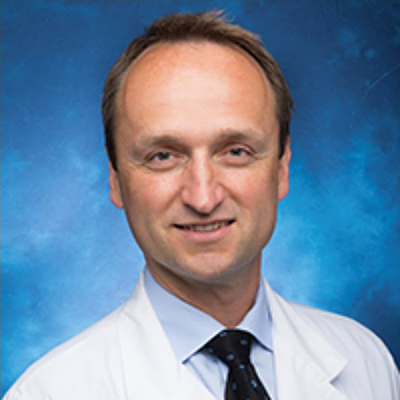
Viktor Szeder, MD, PhD
INTERVENTIONAL NEUROLOGIST
Dr. Szeder is subspecialty trained in NeuroInterventional/NeuroEndovascular surgery (UCLA), Vascular/Stroke Neurology and NeuroCritical Care (Columbia University). He earned his MD and PhD in Neurosciences at Charles University, Prague and MSc in patient oriented research/biostatistics at Columbia University, New York. He serves as clinical staff physician of the UCLA NeuroInterventional/NeuroEndovascular service as well as vascular neurologist of California’s first Mobile Stroke Unit, Arline & Henry Gluck Mobile Stroke Rescue Program.
His research focus is on clinical outcomes and treatment modalities in patients with acute stroke, brain aneurysm and vascular malformations. He has authored or co-authored over 45 peer-reviewed articles, 13 book chapters and over 102 scientific abstracts. He has also presented at over 40 local, national and international meetings and symposia and participated in over 35 clinical studies and trials. He serves on multiple local/national and international committees involved in quality control initiatives and assessments as well as campaigns of expanding mechanical thrombectomy access. Dr. Szeder is an Associate Clinical Professor at UCLA, David Geffen School of Medicine.
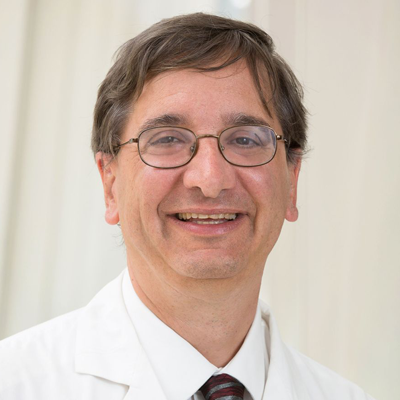
Jeffrey L Saver, MD
VASCULAR NEUROLOGIST
Dr. Saver is SA Vice-Chair and Professor of Neurology at UCLA, and Director of the UCLA Comprehensive Stroke and Vascular Neurology Program. He trained at Harvard Medical School, the Harvard-Longwood Neurology Training Program (neurology), the University of Iowa (neurobehavior), and Brown (vascular neurology). Author of over 670 research articles, 2 books, and 40 book chapters, Dr. Saver’s research interests are in acute stroke treatment, stroke prevention, neuroimaging, clinical trial design, and neurocognitive consequences of stroke. He served as PI of the NIH-NINDS FAST-MAG trial, Global Co-PI of the SWIFT PRIME trial, and Chair of the American Heart Association Stroke Council. He is currently Associate Editor at JAMA, the Journal of the American Medical Association, and Editorial Board Member at the journal Circulation. Dr. Saver is a recipient of the Feinberg Award from the American Stroke Association, the Distinguished Scientist Award from the American Heart Association, and the Lifetime Research Award from the World Stroke Organization.
CONSULTANTS

May Nour, MD, PhD
Interventional Neurologist
SEE BIO

Jeffrey Saver, MD
Vascular Neurologist
SEE BIO

Viktor Szeder, MD, PHD
Interventional Neurologist
SEE BIO
May Nour, MD, PhD
Dr. Nour is a dually trained vascular and interventional neurologist, completing her training at the University of California, Los Angeles (UCLA). She earned her medical degree (MD) from the University of Arizona College of Medicine and her doctorate degree (PhD) in neurosciences from the University of Oklahoma Center for Neurosciences. As medical director of California’s first mobile stroke unit which began clinical operations in 2017, Dr. Nour has extensive, first hand experience in initiation of mobile stroke programs and concrete knowledge of rig build and design, hardware/software integration, models for effective clinical staffing, clinical operating procedures, integration into EMS systems of care, budget/cost analysis and QI/QA for these specialized ambulance programs which bring the hospital to the patient. As a PI, Co-PI and Investigator for multiple clinical trials in the fields of vascular neurology and neurointervention, Dr. Nour has extensive experience in telehealth applications, clinical trial design, assessment and outcome analysis. Dr. Nour is currently an assistant professor of neurology and radiology at the University of California, Los Angeles.
Jeffrey Saver, MD
Dr. Saver is SA Vice-Chair and Professor of Neurology at UCLA, and Director of the UCLA Comprehensive Stroke and Vascular Neurology Program. He trained at Harvard Medical School, the Harvard-Longwood Neurology Training Program (neurology), the University of Iowa (neurobehavior), and Brown (vascular neurology). Author of over 670 research articles, 2 books, and 40 book chapters, Dr. Saver’s research interests are in acute stroke treatment, stroke prevention, neuroimaging, clinical trial design, and neurocognitive consequences of stroke. He served as PI of the NIH-NINDS FAST-MAG trial, Global Co-PI of the SWIFT PRIME trial, and Chair of the American Heart Association Stroke Council. He is currently Associate Editor at JAMA, the Journal of the American Medical Association, and Editorial Board Member at the journal Circulation. Dr. Saver is a recipient of the Feinberg Award from the American Stroke Association, the Distinguished Scientist Award from the American Heart Association, and the Lifetime Research Award from the World Stroke Organization.
Viktor Szeder, MD, PhD, MSc
Dr. Szeder is subspecialty trained in NeuroInterventional/NeuroEndovascular surgery (UCLA), Vascular/Stroke Neurology and NeuroCritical Care (Columbia University). He earned his MD and PhD in Neurosciences at Charles University, Prague and MSc in patient oriented research/biostatistics at Columbia University, New York. He serves as clinical staff physician of the UCLA NeuroInterventional/NeuroEndovascular service as well as vascular neurologist of California’s first Mobile Stroke Unit, Arline & Henry Gluck Mobile Stroke Rescue Program. His research focus is on clinical outcomes and treatment modalities in patients with acute stroke, brain aneurysm and vascular malformations. He has authored or co-authored over 45 peer-reviewed articles, 13 book chapters and over 102 scientific abstracts. He has also presented at over 40 local, national and international meetings and symposia and participated in over 35 clinical studies and trials. He serves on multiple local/national and international committees involved in quality control initiatives and assessments as well as campaigns of expanding mechanical thrombectomy access. Dr. Szeder is an Associate Clinical Professor at UCLA, David Geffen School of Medicine.

Contact NeuroMerit
Use the form below to contact the NeuroMerit Company, schedule a consultation or request general information about our services.
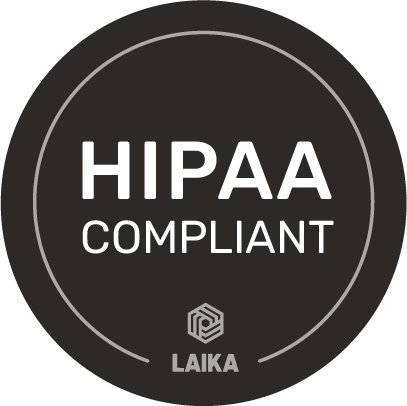
Phone
(424) 259-1233
HEADQUARTERS
Los Angeles, CA
